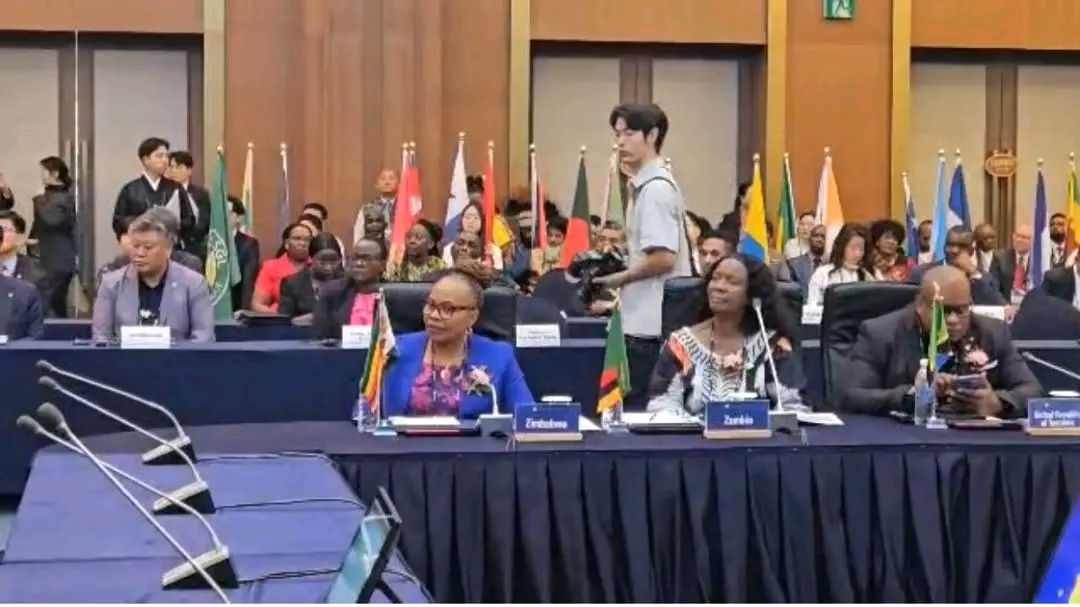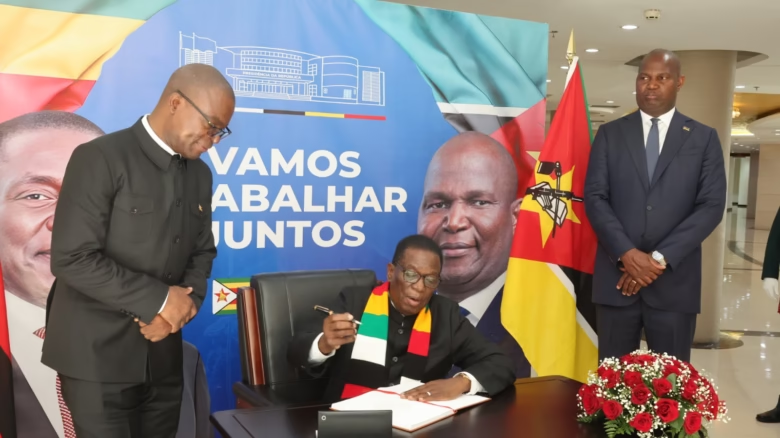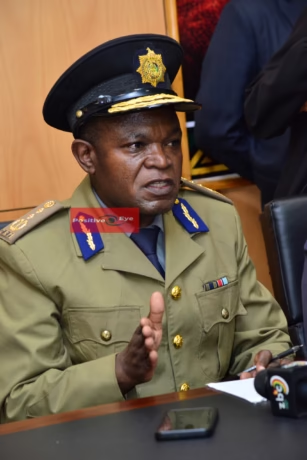
Zimbabwe’s participation at the 2025 Global Leadership Forum in South Korea has underscored the growing bilateral cooperation between the two nations, particularly in the area of rural industrialisation and community transformation.
The Forum, which runs from September 16 to 19, has drawn more than 70 Ministers from around the world. Zimbabwe is being represented by the Minister of Women Affairs, Community, Small and Medium Enterprises Development, Senator Monica Mutsvangwa.
Designed as a platform for governments to exchange ideas and learn from South Korea’s celebrated Saemaul Undong (New Village Movement), the Forum has provided Zimbabwe with an opportunity to highlight its own progress in rural development.
Senator Mutsvangwa pointed to flagship initiatives such as the Mafura processing plant in Mwenezi and the tomato processing plant in Mutoko, describing them as evidence of how the Second Republic is transforming rural livelihoods.
“The engagement of Zimbabwe by the Saemaul Undong Centre and the South Korean Government is greatly appreciated, as it reflects the Republic of Korea’s commitment to supporting rural development efforts in Zimbabwe. We look forward to the implementation of the five-year pilot programme starting in 2026, which will give further impetus to the realisation of Vision 2030,” she said.
She stressed that uplifting rural communities, where 61.4 percent of Zimbabwe’s population resides, is at the core of government policy. Key interventions include the Zimbabwe V30 Accelerator Model for agricultural transformation, rural industrialisation projects centred on irrigation schemes under ARDA, and the Presidential Borehole Drilling Scheme, which will deliver 35 000 solar-powered boreholes nationwide — one per village — to provide clean water and support community nutrition gardens.
This year’s Forum placed strong emphasis on the need for home-grown solutions at a time when global development aid is in decline.
Regional analysts noted that Zimbabwe’s strategy aligns with broader continental trends. Development economist Dr Tawanda Muchengeti observed: “The shift from aid dependence to mobilising domestic resources and forging mutually beneficial partnerships is critical. By tapping into South Korea’s expertise in rural industrialisation while anchoring development on local initiatives like V30, Zimbabwe is positioning itself to accelerate inclusive growth.”
Another commentator, Professor Lee Jae-Sung of Seoul National University, highlighted the symbolic value of Zimbabwe’s participation. “South Korea’s rural transformation in the 1970s was built on strong community participation and leadership. Zimbabwe’s efforts show that the lessons are adaptable across contexts. The key will be sustained investment and ensuring that communities themselves remain at the centre of implementation.”
For Zimbabwe, the message from Seoul was clear: rural development is not just about infrastructure, but about dignity, empowerment, and building an inclusive economy. By combining foreign partnerships with domestic innovation, the government hopes to transform rural communities into engines of national growth, in line with Vision 2030.




